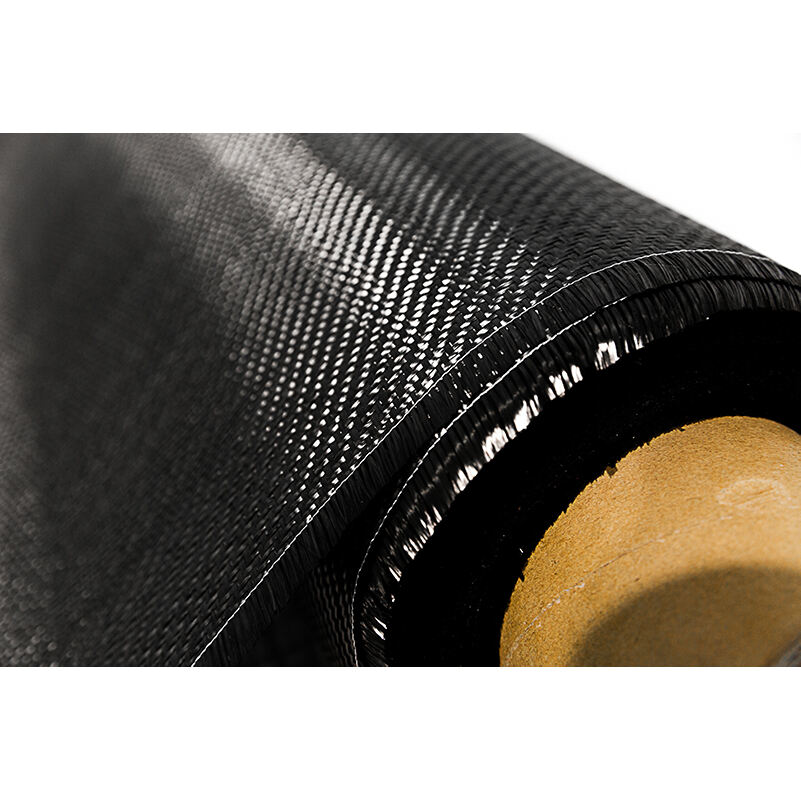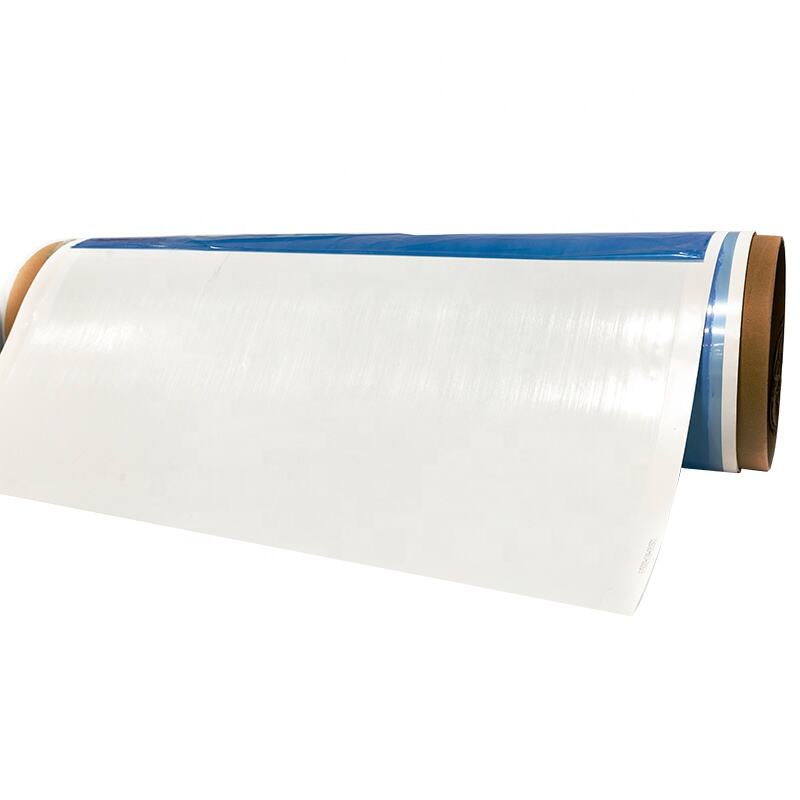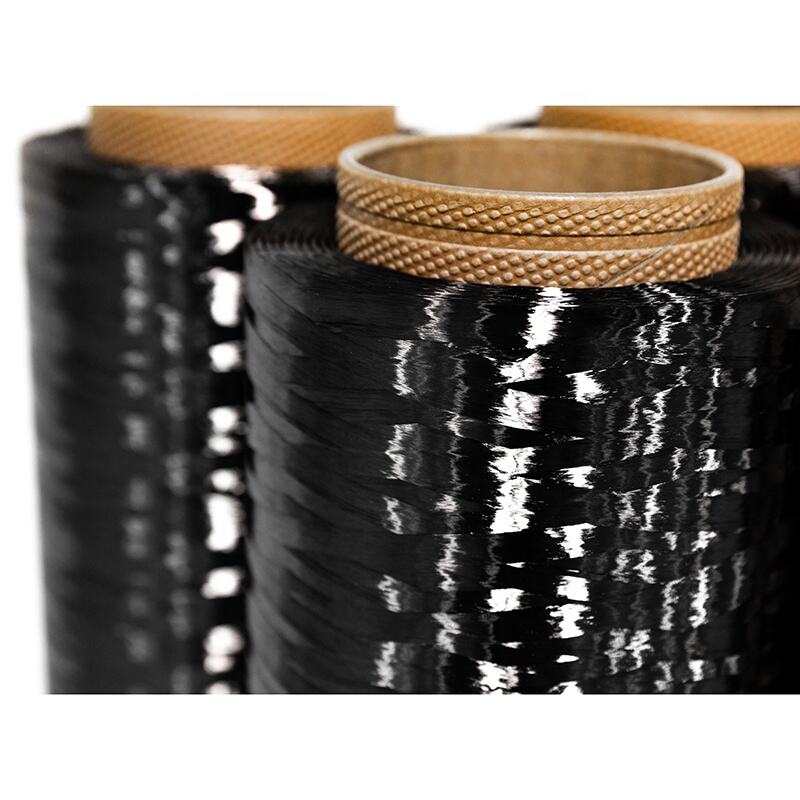carbon fiber sheet price
Carbon fiber sheet pricing represents a crucial consideration in modern manufacturing and engineering projects. The cost structure of carbon fiber sheets varies significantly based on factors such as thickness, size, grade, and manufacturing process. These lightweight yet incredibly strong materials typically range from $30 to $500 per square meter, depending on quality and specifications. High-grade aerospace carbon fiber sheets command premium prices due to their superior strength-to-weight ratio and rigorous quality control requirements. Commercial-grade sheets, suitable for automotive and sporting goods applications, occupy the mid-price range. The manufacturing process, which involves carefully aligning carbon fibers and binding them with epoxy resin, significantly influences the final price. The sheet's thickness plays a major role in pricing, with thicker sheets requiring more raw materials and processing time. Market demand, particularly from aerospace and automotive industries, can cause price fluctuations. Additionally, bulk purchasing often results in better pricing per unit, making it more economical for large-scale projects. Recent technological advancements in manufacturing processes have helped stabilize prices while improving quality consistency.


